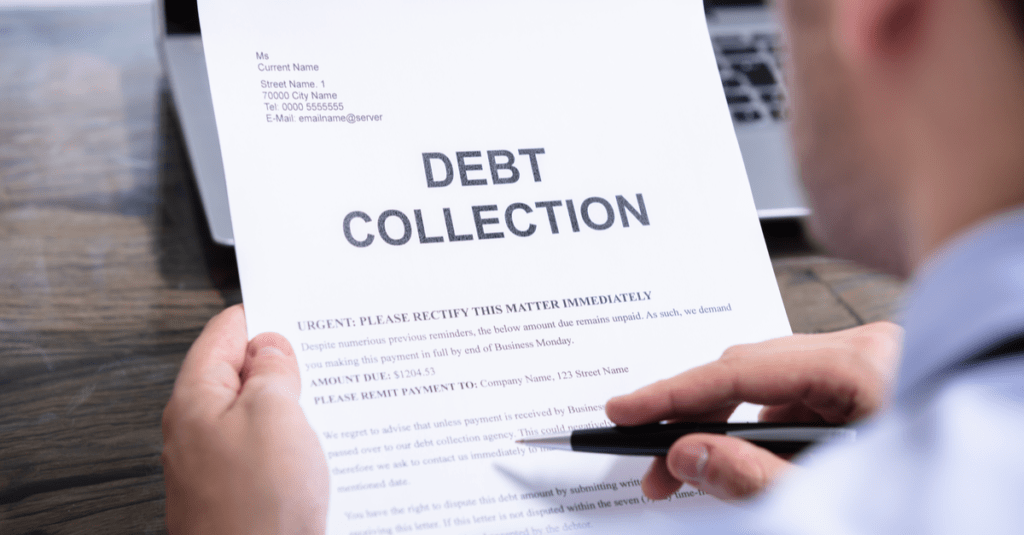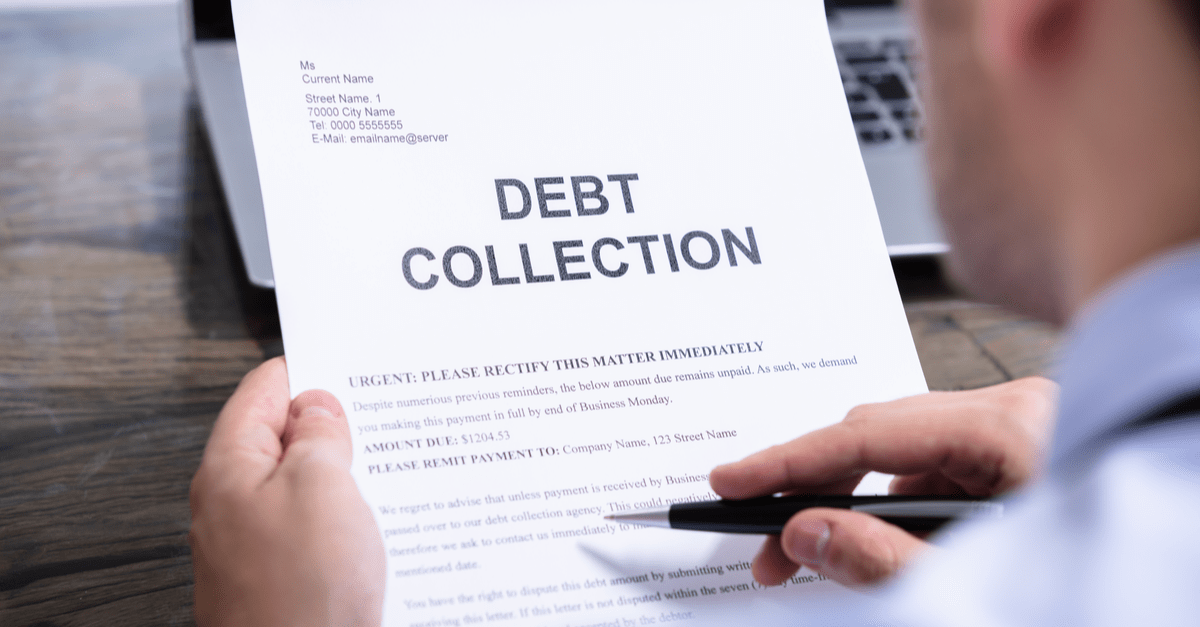
Anyone researching their options for filing bankruptcy is sure to encounter the term “automatic stay” very often, and for good reason. The “automatic stay” refers to the halting or “staying” of debt collection attempts against a person filing for bankruptcy. This action occurs as soon as the bankruptcy petition is filed, and requires no judicial action, hence it happens automatically.
Thus, the automatic stay provides immediate relief to debtors filing for bankruptcy. This stay will stop all collection attempts against the debtor from creditors including:
- Wage garnishments
- Home foreclosure
- Civil lawsuits
- Phone calls from debt collection agencies
The stay remains in effect for the duration of the bankruptcy proceeding, which is typically a few months for Chapter 7 and between three and five years for Chapter 13. Co-debtors in a Chapter 13 proceeding are also protected by the automatic stay.
What happens if a creditor violates the automatic stay?
Creditors that knowingly violate the automatic stay but continuing to make debt collection attempts are liable to the debtor for actual and potentially punitive damages, as well as attorneys fees. Most creditors are aware of these penalties, and it’s rare that they will violate an automatic stay on purpose.
If a person believes that a creditor has violated the automatic stay, they should first check their bankruptcy paperwork to make sure that the debt in question was accurately listed. If it is, the debtor should first attempt to contact the creditor and make sure that they are aware of the stay. If debt collection attempts continue even after this, it’s best to consult a bankruptcy attorney and take action to receive damages from the creditor.
Are all debts subject to the automatic stay?
Unfortunately, no. While the automatic stay does prevent collection attempts from most creditors, there are certain categories of debt that are not protected by the bankruptcy rules, and therefore attempts to collect on these debts will continue during and after the bankruptcy proceeding.
Debts that are ineligible for discharge through bankruptcy are typically also not halted by the automatic stay, including:
- student loans
- child support and alimony
- debts incurred after filing the petition
- debt incurred through fraud or other criminal activity
In addition to the above, there are some instances where eviction may be possible, as well as certain circumstances that will allow a foreclosure proceeding or IRS audit to continue. Consulting with an experienced attorney is the best way to determine which debts and other actions are halted during the automatic stay and which are not.
Will the automatic stay let me keep my home?
One of the main reasons many people file for bankruptcy is to initiate the automatic stay and halt a foreclosure action that could result in them losing their home. While the automatic stay does stop foreclosure proceedings, it is a temporary measure. Whether or not a person filing for bankruptcy will be able to keep their home will depend on their specific financial situation and what chapter of bankruptcy they choose to file under.
Chapter 7: Typically those filing under Chapter 7 do not have much equity in their home and are behind on payments with no foreseeable way to catch up and get current with their mortgage. If this is the case, the automatic stay will halt a foreclosure, but only until the bankruptcy proceeding is complete. Once it’s complete, the bank or creditor will be able to continue with the foreclosure in an attempt to regain the value of their secured loan to the debtor.
Chapter 13: Unlike Chapter 7, those filing for Chapter 13 typically have a good source of income and are required to put together a plan that shows how they will pay their debts over the next three to five years. If this plan can be feasibly created to include catching up on past due mortgage payments and continuing to make future payments, it’s likely that the individual will be able to keep their home after the completion of the bankruptcy.
There are several factors that must be considered before choosing to file for Chapter 7 or Chapter 13 bankruptcy. Consulting with an experienced attorney is the best way to develop a bankruptcy strategy that will allow a person successfully complete the process while keeping as much of their property as possible.
Can an automatic stay be lifted or terminated early?
Yes. Depending on the kind of debt and the type of bankruptcy filed, a creditor may be able to successfully lift the automatic stay by filing a motion with the court and providing adequate reasoning. While this doesn’t happen often, there are a few scenarios where it’s possible:
- Secured creditors: A creditor of a secured loan, like a home mortgage or car loan, may successfully file a motion to lift the automatic stay if it can be demonstrated that the person filing for bankruptcy is behind on their payments and there isn’t enough equity in the property to cover the debt. This scenario is more likely in a Chapter 7 bankruptcy, as a Chapter 13 proceeding will need to provide a plan for repayment of this type of loan if the debtor wants to keep the property.
- Unsecured creditors: Unsecured debts, like those from medical bills or credit card charges, are typically not the subject of a motion to lift the automatic stay. If they are eligible for discharge then they will either be wiped out completely in Chapter 7 or repaid to some extent in Chapter 13. It’s possible that a creditor may ask for the stay to be lifted on a non-dischargeable debt in a Chapter 7 proceeding, but it’s more likely that the creditor will simply wait a few months for the proceeding to end before continuing their collection attempts.
Even if the creditor does file a motion to lift the automatic stay, they will need to provide a good reason for their need to continue collection attempts on a debt. Some possible reasons include bad faith on the part of the debtor or insufficient equity in the collateral of a secured loan to cover the debt. A qualified bankruptcy attorney will be able to determine whether a creditor will be successful in lifting the automatic stay on a specific debt.
In most cases the automatic stay will remain in effect until the end of the bankruptcy proceeding, however there are some limitations applied to those who have recently had a bankruptcy proceeding dismissed.
Yes, if a person has two or more previous bankruptcy cases that have been dismissed within the past year. If they have one bankruptcy dismissal in the past year the automatic stay will only last for 30 days. These limits are put in place to prevent a person from filing successive bankruptcy just to keep the automatic stay in effect.
In situations where the automatic stay will expire due to previously dismissed bankruptcy cases, the person filing for bankruptcy can file a motion to extend the stay if they can demonstrate a substantial change in their financial or personal affairs justifying the need for an extension.
This is a motion filed by a creditor looking for permission from the court to continue collection and repossession attempts. Typically these motions are filed by creditors holding secured debts for things like a car or home. If the person filing for bankruptcy wants to keep this property they may need to reaffirm the debt.
If the debtor can prove that the violation was willful (i.e. the creditor knew that the stay was in effect and still made collection attempts) then they can seek damages (actual and punitive) as well as attorney’s fees from the creditor that violated the automatic stay.


